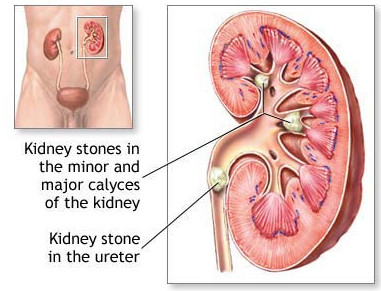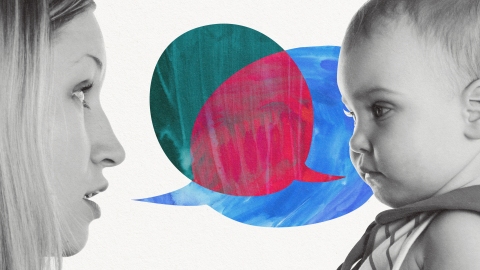
Uremia is a condition of damaged kidneys. Bodily waste or toxins like urea and creatinine, sent out by the kidneys end up into the bloodstream instead of being sent out in the urine. Uremia is a serious disease and can be life threatening if not treated. It is an indication of chronic kidney disease, in its last stage. When kidneys are extremely or irreversibly damaged, it leads to a condition called Uremia. Bodily waste is not filtered any longer by the kidneys and is not sent out through the urine, but remain in the bloodstream.
What does uremia cause?
Uremia a chronic kidney disease is caused by certain cancer types, high blood pressure recurring infection in the kidneys, polycystic kidney disease, enlarged Prostrate, Type 1 and Type 2 diabetes, inflammation of kidney tubes and surrounding structures, inflammation of the glomeruli which are filtering units in the kidneys and by kidney stones that block urinary tract for longer time periods.
Symptoms of Uremia are not very noticeable at the initial stage of the disease. However, kidneys get damaged badly by the time Uremia affects the person. Renal failure is a major symptom of Uremia. Symptoms like difficulty in concentrating, extremeness fatigue or tiredness, vomiting, cramps in the legs, nausea, headache and little or no appetite are experienced.
One main treatment options includes dialysis to remove toxins, extra fluids and wastes from the bloodstream. Dialysis is of two types namely Hemodialysis and Peritoneal Dialysis. In the case of Hemodialysis, a machine is used for waste removal from the blood. In Peritoneal Dialysis, a small tube called catheter is inserted into the abdomen to fill it with dialysis fluid which absorbs extra fluid and waste in a process to remove bodily wastes when it drains out.
Another option for treatment at the end state of renal failure, is kidney transplantation. A deceased or living donor donates a healthy kidney to the patient after which the person is put on long term on antirejection medication so that the donor kidney is not rejected by the body. Regenerative medicine is being researched upon currently by researchers.
Uremia can be best prevented with dialysis treatments regularly to filter waste out of blood. Foods high in potassium, phosphorous and sodium also must be avoided. Exercising and healthy diet can help prevent Uremia. Other ways of preventing he disease include not smoking, controlling diabetes, maintaining good cardiovascular health and healthy blood pressure.






